Okay, so you want to hear a melody, understand it and be able to play it authentically… But you find maqam music so hard to play, can’t recognize the maqams by ear, or remember them all…or all of the above?
If so, check out this Oud Maqam Learning video series:
Part 1: Maqam Learning Made Easy! (you are checking out this one)
Part 2: The Ultimate Introduction to Maqam Music
Part 3: Common Questions Answered
In this video, I will show you a quick tip on how you can approach learning maqams and start playing them authentically on the Oud.
*For those who want to read the content instead of watching the video, you can find the content by scrolling down.
Mentioned in the video:
Check out the Maqam Mastery Program page and make sure to sign up so you will be notified when the program is available!
Video Content:
So first, what is a maqam? Maqam is loosely translated to English as a musical scale. Well, it is way more than just a scale in Western music, but I will explain further in the next video. In this video I want to show you a way to make learning maqams easier to handle. But first, let me tell you 2 short stories.
Stories
When I was doing some research on Mike’s Oud forum, a great forum for Oud enthusiasts, I found a thread about maqam music and modal music. In the thread, my friend and an excellent musician, Edward Powell, described maqam as “melodic grammar” for Middle Eastern music. This made a total sense, and that expression stuck with me since.
The second story is from the end of last year. At Oud for Guitarists, we decided to interview some of Oud masters around the world and share their inspirational quotes with our readers. I was able to interview 5 masters, and as I interviewed them, 2 of the 5 masters, Wissam Joubran and Rahim Alhaj, compared the sound of the Oud to voice, human voice. They were interviewed separately, and they both expressed that the sound of the Oud resembles human voice, and playing the Oud is like talking, like expressing yourself.
So how do these 2 stories relate to maqam learning?
Oud as Our Voice, Maqam as Melodic Grammar
We think that if the sound of the Oud is our voice, and we want to express ourselves through this voice, we need to have a good command of the language. And when we speak a language, we can’t speak properly without knowing grammar rules.
If you just flinch at this language learning metaphor, I’m sorry but don’t worry. I won’t be teaching you nouns, verbs, and past tenses. But when I learned Chinese in the past, for example, it was the practical vocabulary, basic grammar and idiomatic expressions that helped me get through it, not linguistic subtleties.
A Secret of a Native Speaker
And what makes you sound like a native speaker are idiomatic phrases. When you hear an English learner say, “I am tired today. I slept late,” you might think his English is just fine. But when he says, “I am exhausted today. I was burning the mid-night oil again,” he sounds like a native speaker.
There are idiomatic phrases used in the maqam language as well. For example, in playing Maqam Bayati, you hear this often. (Bayati melody is played in the video.) This phrase makes you sound like an authentic Middle Eastern musician. It makes it sound like you know the tradition very well.
So learning these idiomatic phrases is going to help you develop melody and help you grasp the feeling of the maqam. This is more important than learning every maqam note by note. In fact, learning maqams note by note can only take you so far, because a maqam can be transposed to a different note in different situations.
So how can you learn these idiomatic phrases? The surest way of learning idiomatic phrases is to listen. I’ll show you 2 ways of doing this.
How to Learn Idiomatic Phrases
The first is, you can search through YouTube, or purchase music by famous Oud players and keep listening for songs in the same maqam and find similarities. You can try copying what they are doing on your Oud as you listen. It may take you hours and days to find the right songs, isolate different maqams in the songs and identify idiomatic phrases, but nonetheless this is one way you can develop your ear.
The second way is to try the Maqam Mastery Program which has done the research for you. The Maqam Mastery Program is designed so that you can learn the melodic grammar of maqams by learning how to develop melody for each maqam, and develop the ear for maqams. So you can watch video modules where I explain the structure of each maqam, the feeling of it, and how to use idiomatic phrases. Then you will learn to develop melody authentically.
Also, if you pick a package that contains the Middle Eastern Ear Training Program, you get over 200 examples of phrases you hear in Middle Eastern music, all isolated by different maqams and laid out for you. So you can listen to them, sing them and copy them on your Oud to really hear the infamous quartertones and different maqams. We are so excited about this program, because not only do you save time and money searching for the right songs to listen to, but you can start playing maqams in traditional ways, like speaking a language like the natives do.
So I hope video has helped you learn a new perspective on learning maqams. Next week, I will give you the ultimate introduction to maqams, and explain to you how seeing maqam as a musical scale actually hinders you from learning maqams. Stay tuned, and make sure to sign up for updates below, so you don’t miss out on the article! Thanks for reading.

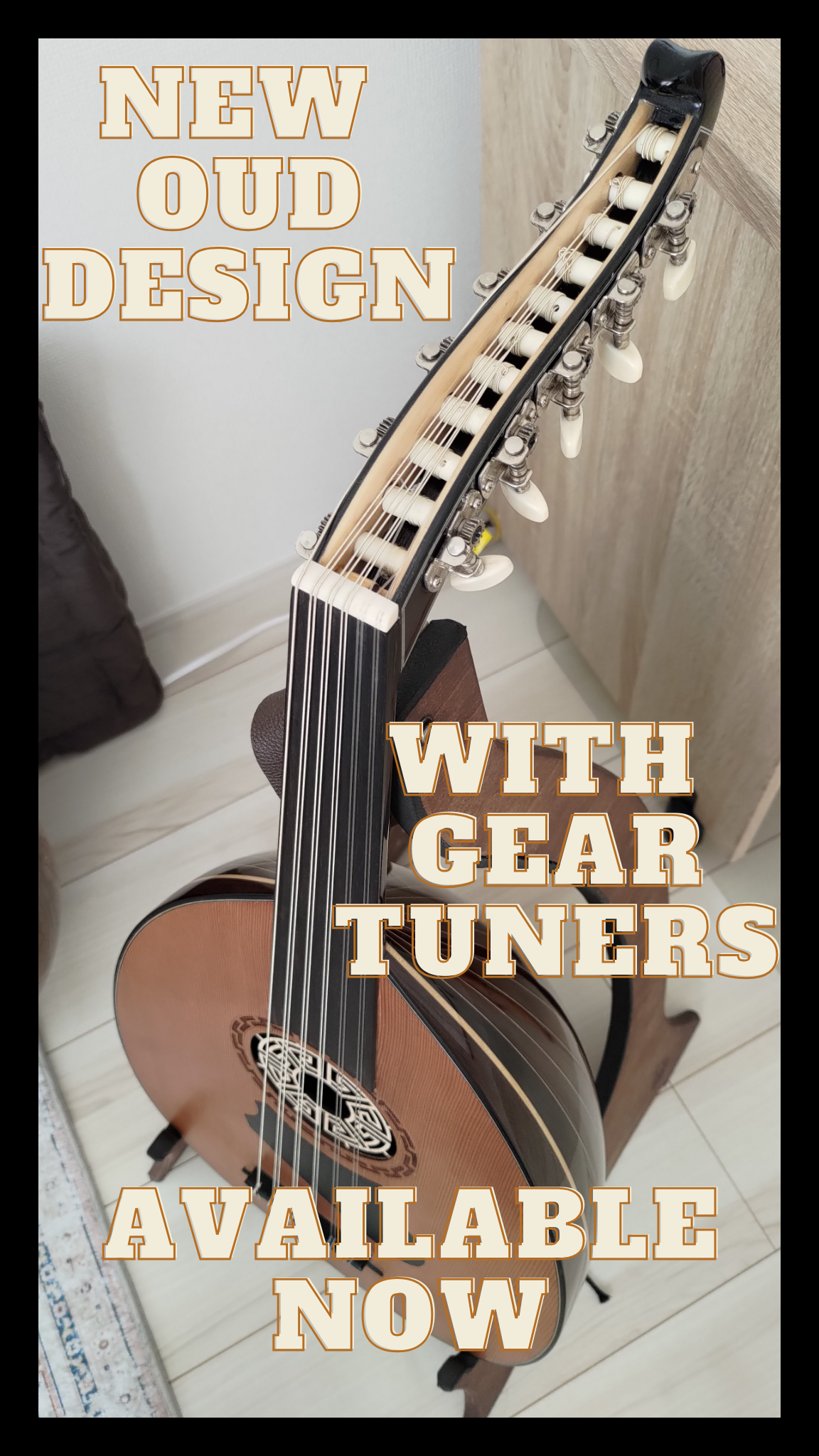
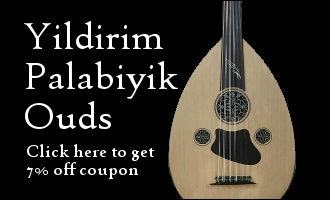
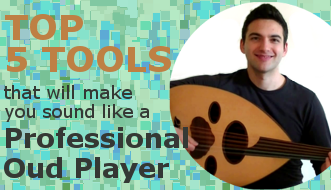
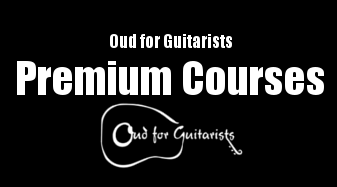
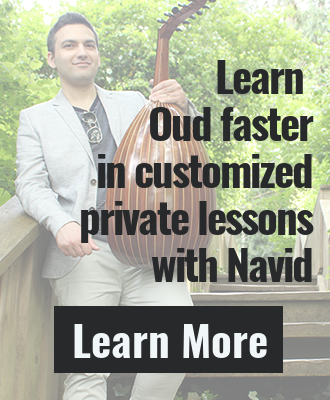
Great introductory video. Does a fantastic job of laying the ground works for understanding a Maqam, explaining it in a way that’s easy to comprehend and relate to.
Thanks I’m glad you liked it.